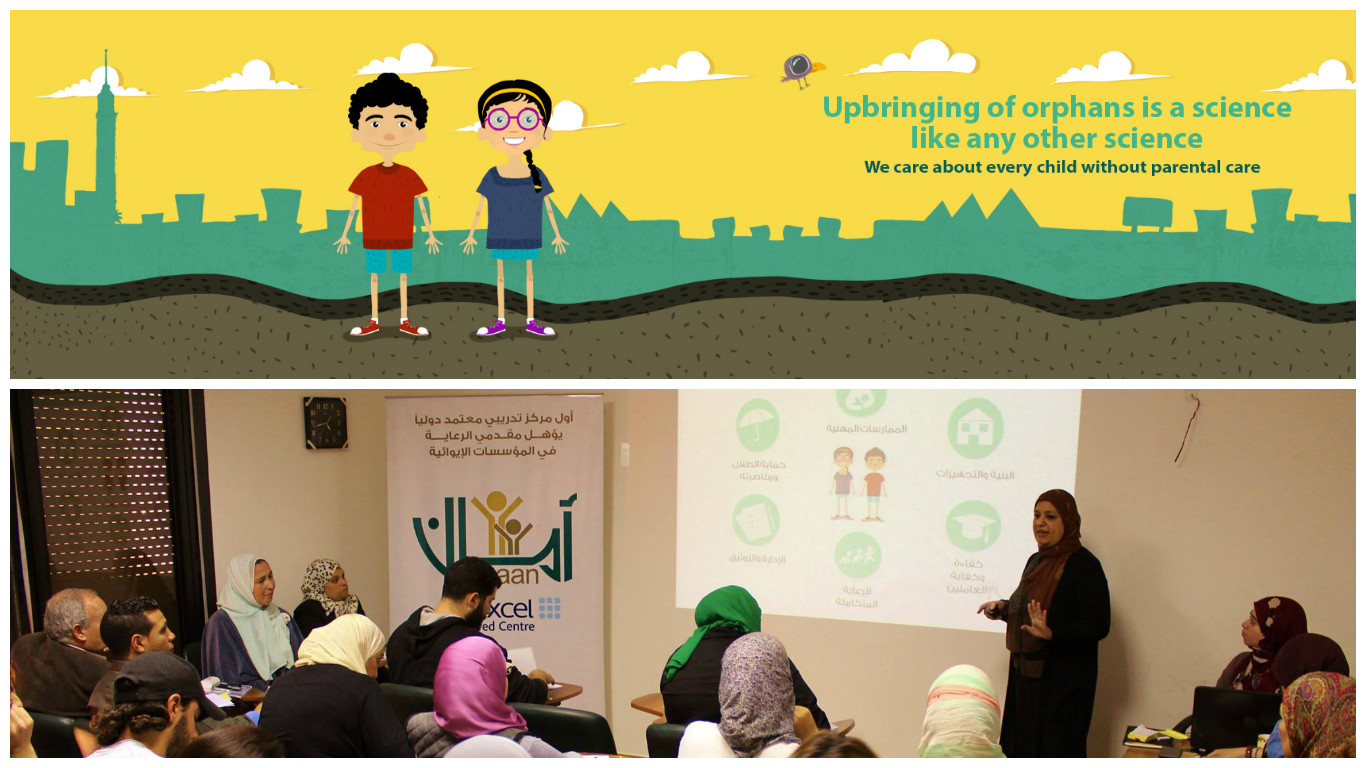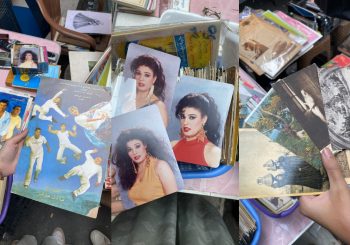Despite the ever-growing numbers, orphans continue to constitute one of Egypt’s largest, most marginalized communities. According to UNICEF’s latest statistics released in 2009, orphans in Egypt are estimated at 1.7 million. Adding salt to the wound, many orphans, due to the orphanages’ poor conditions, choose to live on the streets instead, suffering a life of violence, drugs and abuse.
To improve the quality of care provided within Egypt’s orphanages, Wataneya Society for the Development of Orphanages created the first skills-based accredited vocational qualification for childcare in the Middle East.
Since its establishment in 2008, Wataneya Society has set out to reform institutional homes for children without parental care in Egypt. Due to the country’s staggering increase in orphans, as well as the dramatic number of street children, Wataneya has been striving to create a stable and supportive space for all orphans.
In February 2013, five years after its launch, Wataneya initiated its caregiver training program after being approved by the United Kingdom’s largest awarding organization, Edexcel.
“These children are the future of Egypt, and their care and education can positively influence the entire Egyptian society,” explains Assy Girah, Wataneya’s quality assurance officer for the childcare vocational qualification, as he reflects on the importance of high-quality childcare for orphans. The training, which takes around 10 months to complete, provides caregivers with a deeper understanding of the psychological development of children from birth till the age of 16.
Seeing as how the childcare sector has long been neglected in Egypt, Wataneya continues to work relentlessly to develop a strong professional workforce that is hoped to form stronger pillars for this overlooked sector.
“Orphans are often [shunned] from mainstream society,” says Girah, explaining how it is difficult for the majority of orphans adjust to life outside the institutions where they live. By improving the level of care in Egypt’s orphanages and childcare facilities, it is hoped that the educational and emotional wellbeing of orphaned and abandoned children will consequently improve, resulting in a chain reaction of positive change due to impact the entire Egyptian society.
To date, Wateneya has helped over 1700 caregivers in 40 orphanages complete the childcare training programs. Under the umbrella of Pearson, the world’s largest learning company, the Edexcel program meets international quality standards and is globally recognized by colleges, universities and employers.
Despite the success achieved by Wataneya’s training program, many caregivers face the financial burden of affording such programs, which Girah regards as one of the primary obstacles curbing the outreach of Wataneya’s programs.
“Any internationally certified vocational qualification is expensive,” Girah says. “Everywhere in the world, they have scholarships [for caregivers] – except in Egypt.”
Out of goodwill, many Egyptians choose to donate toys and clothes; however, by providing an educational scholarship to caregivers, children are able to receive the quality care needed for them to become positive, proactive and influential members in their communities.
To contribute to their training program or get involved, contact Wataneya via their Facebook page.







Comments (0)